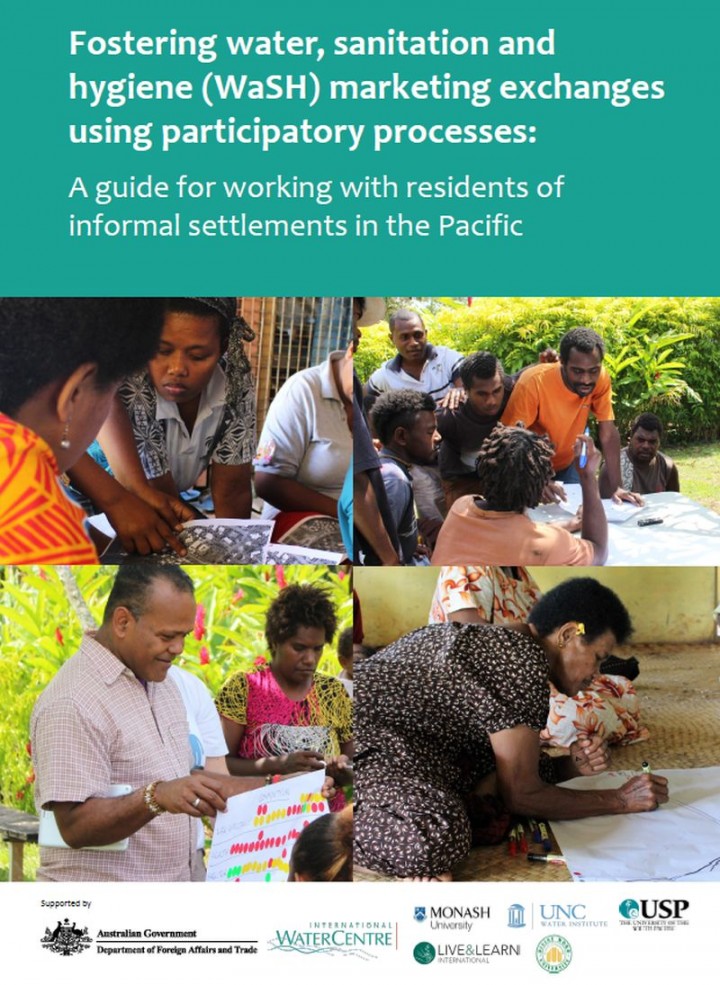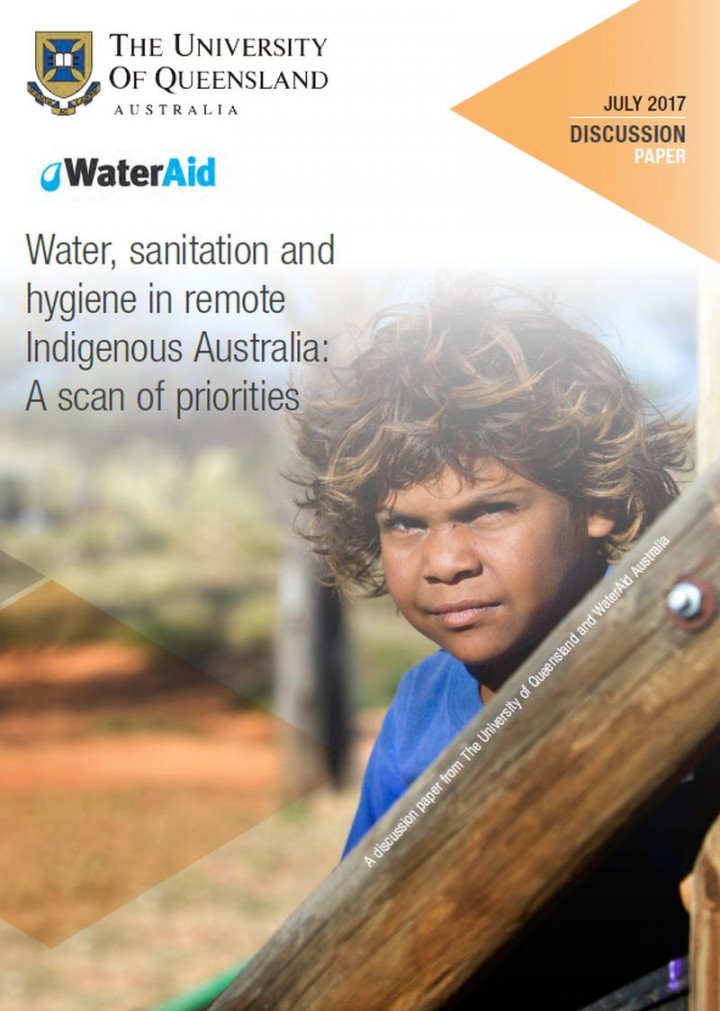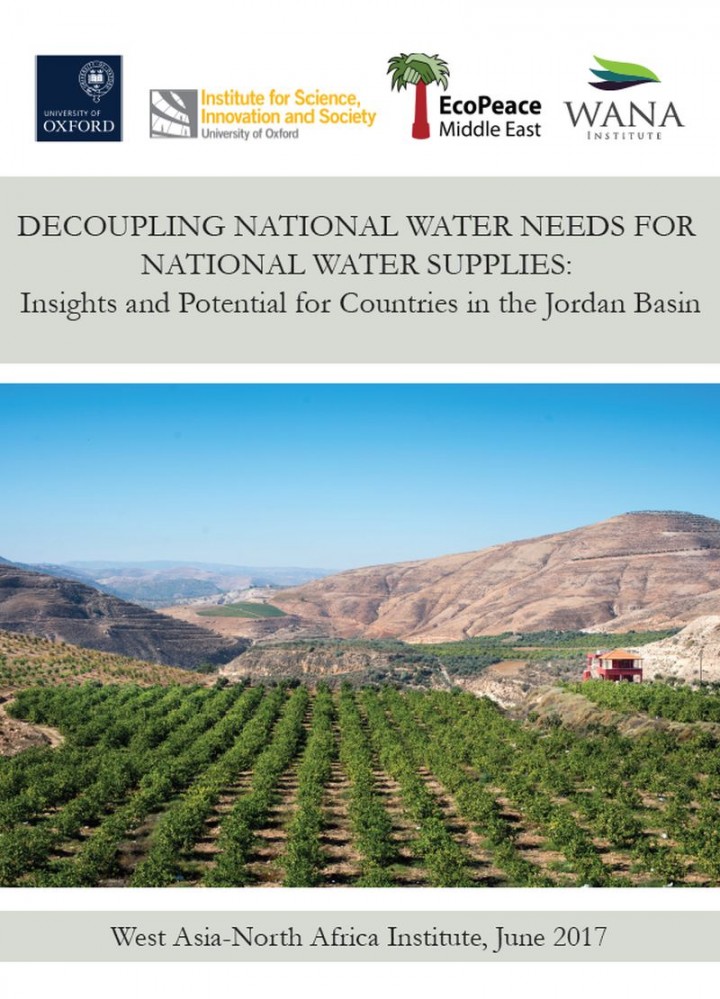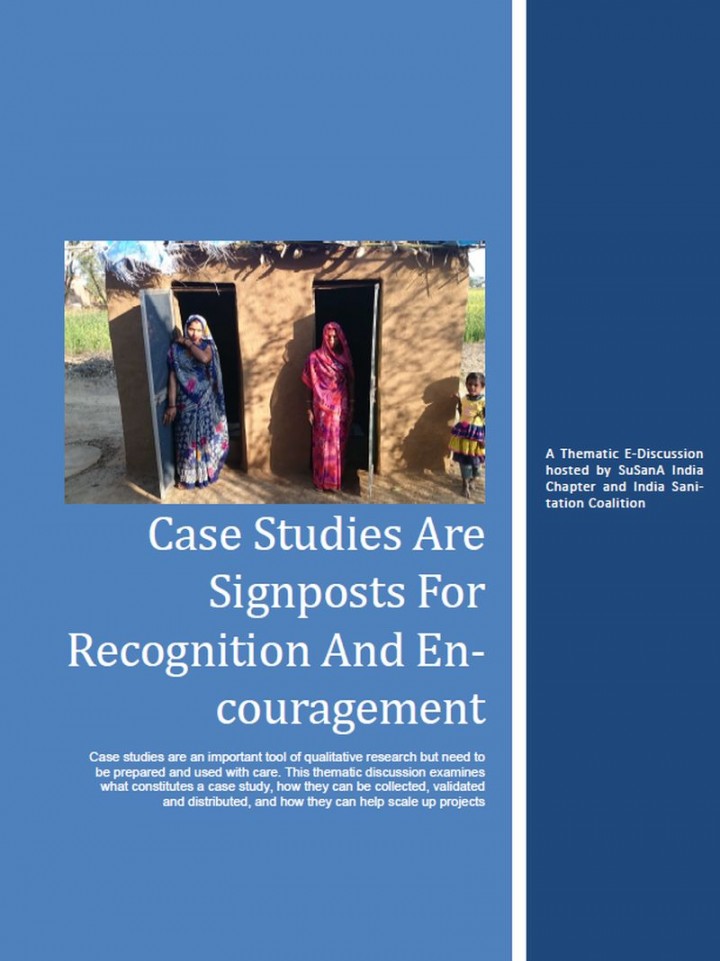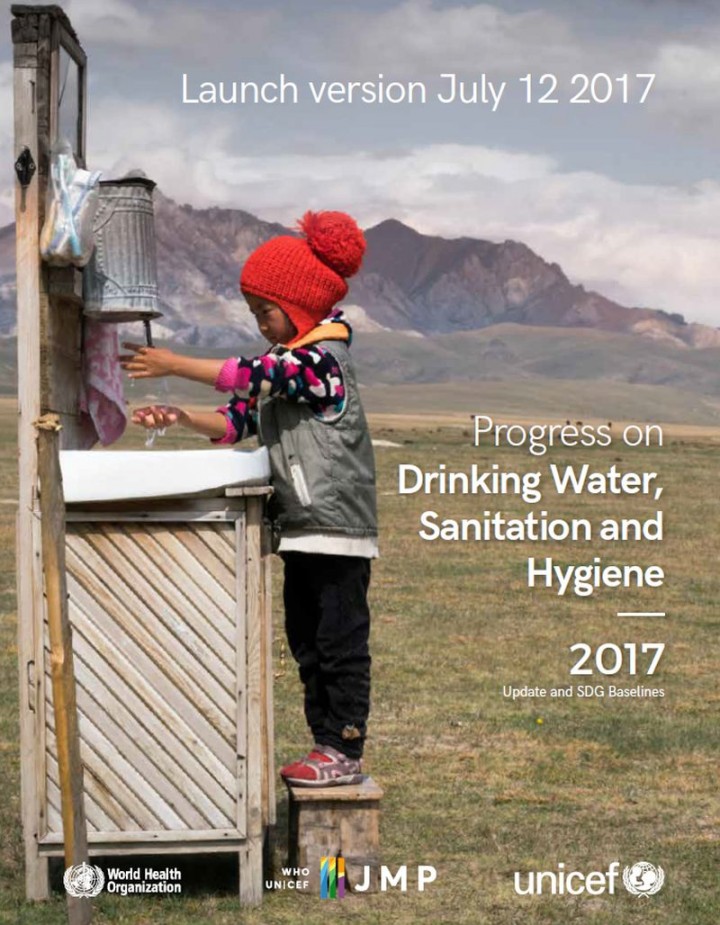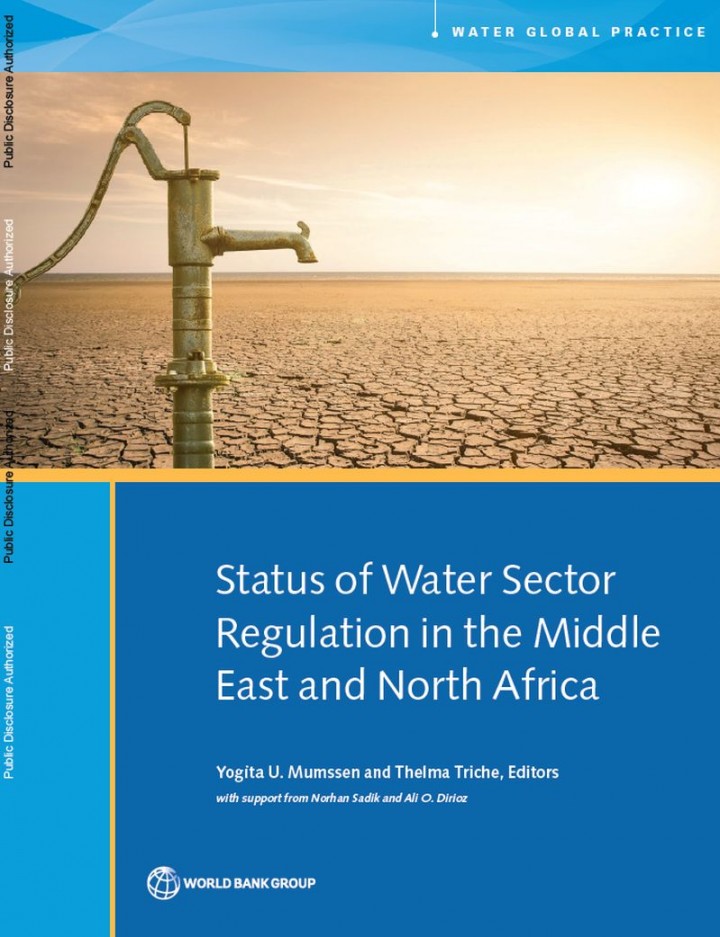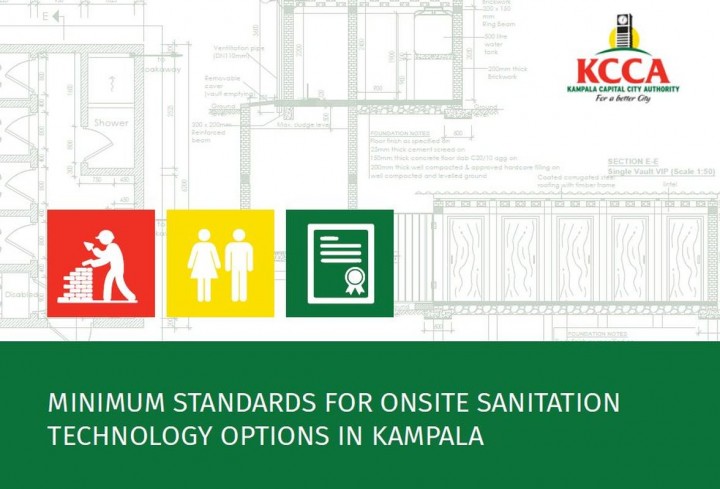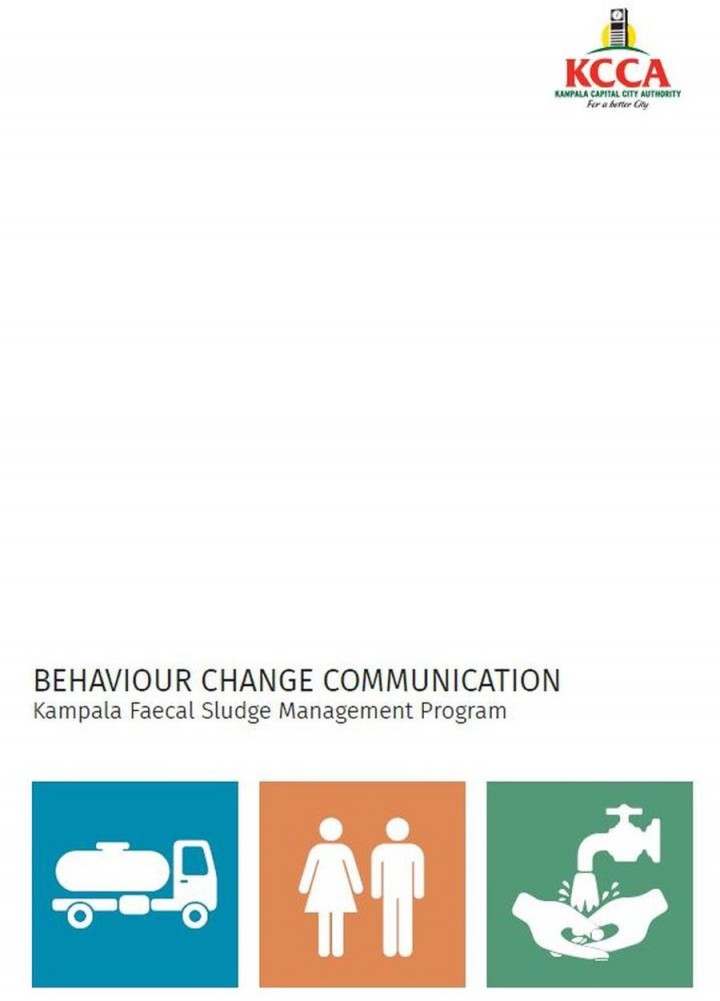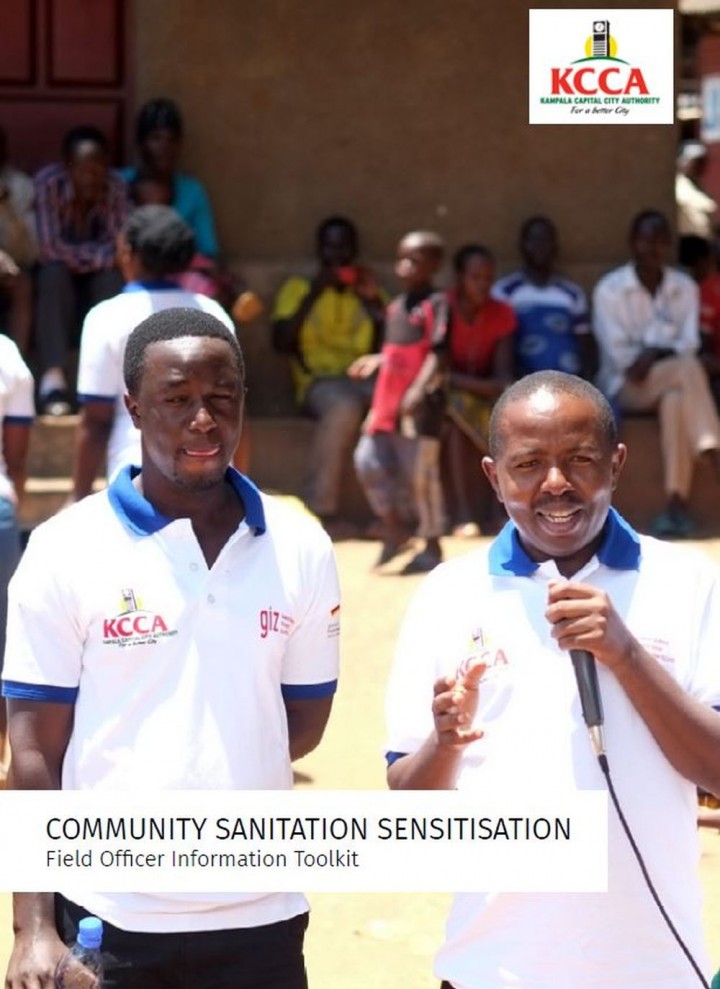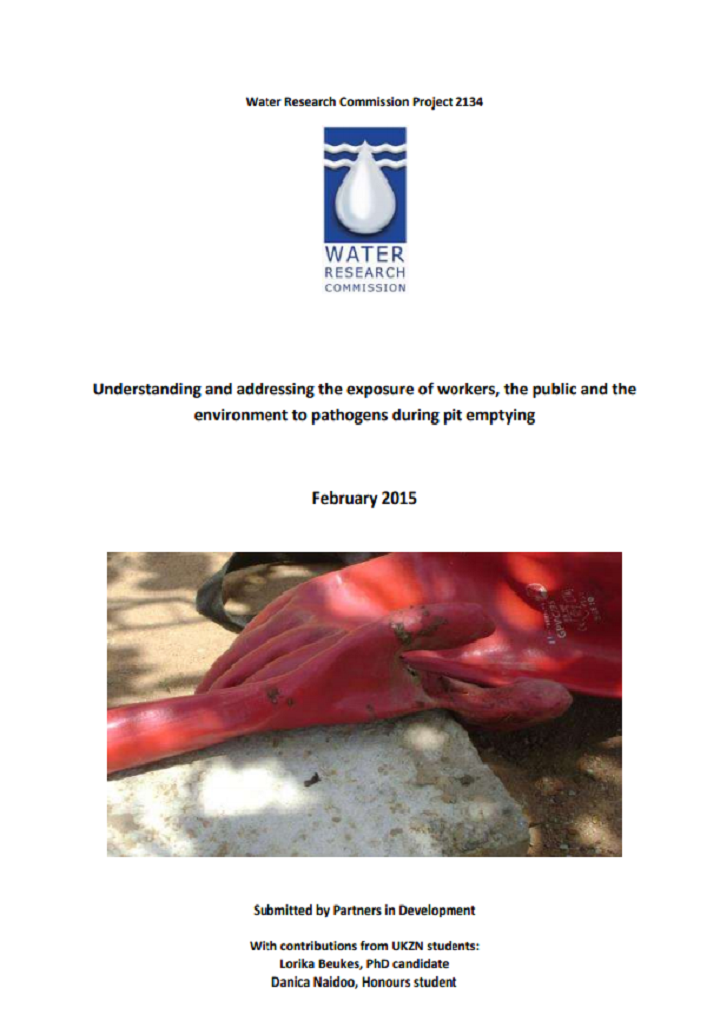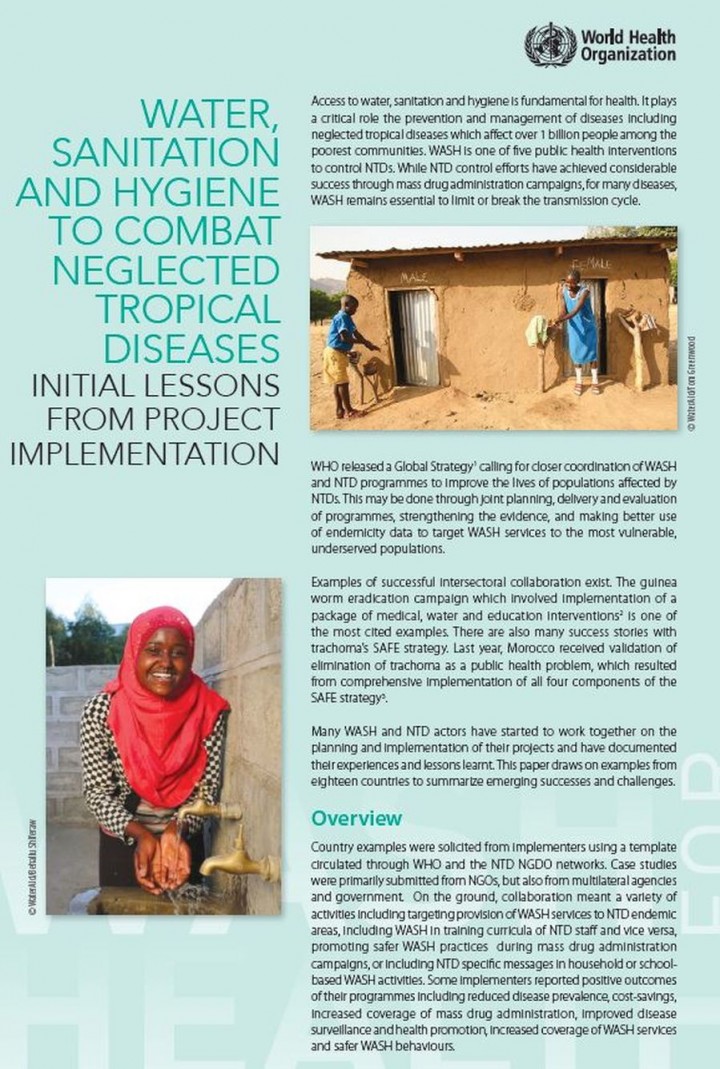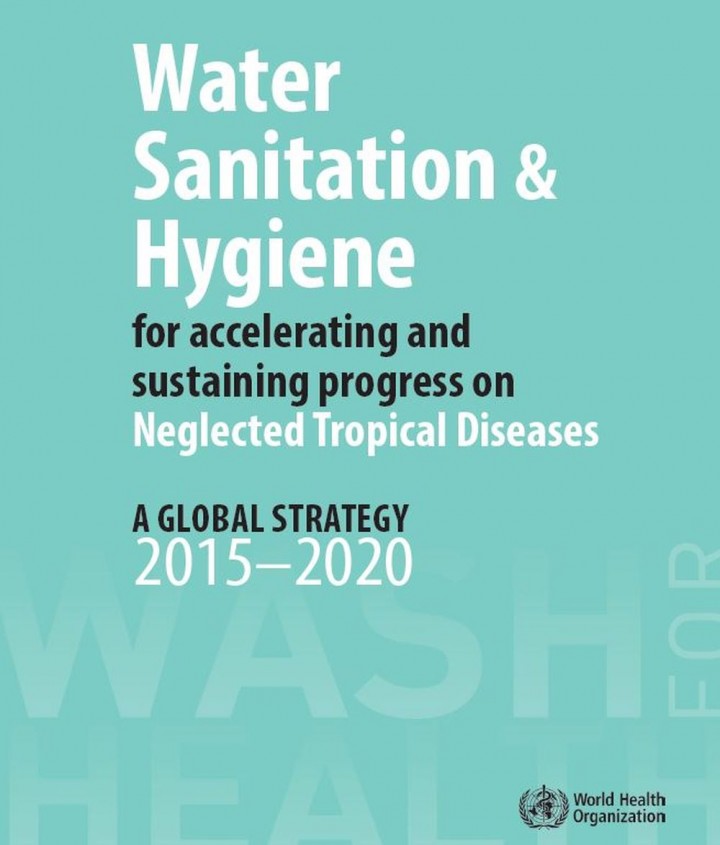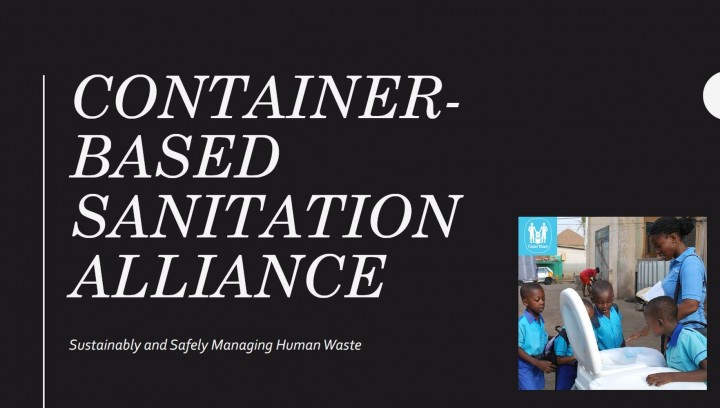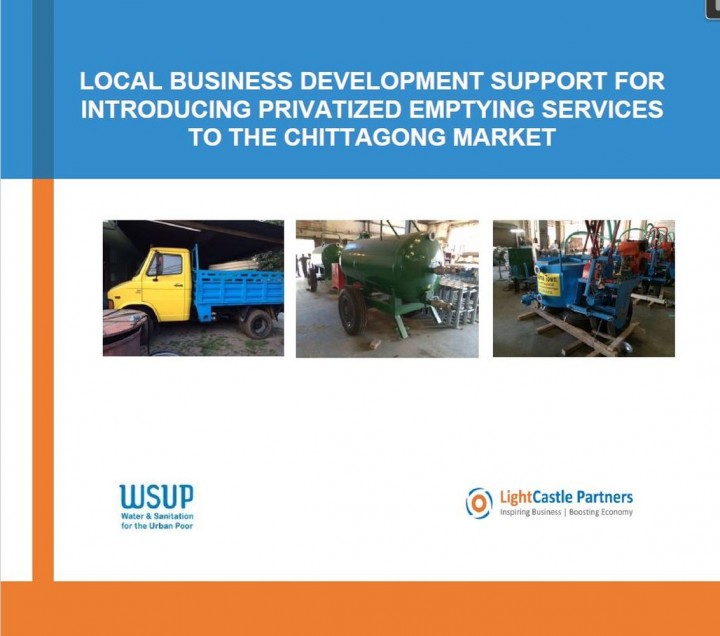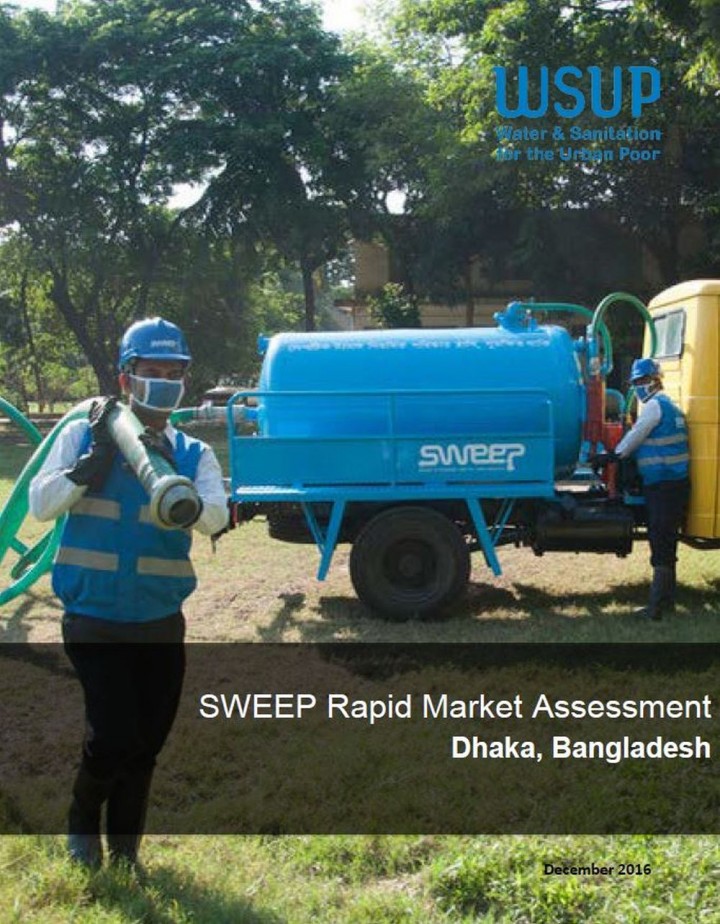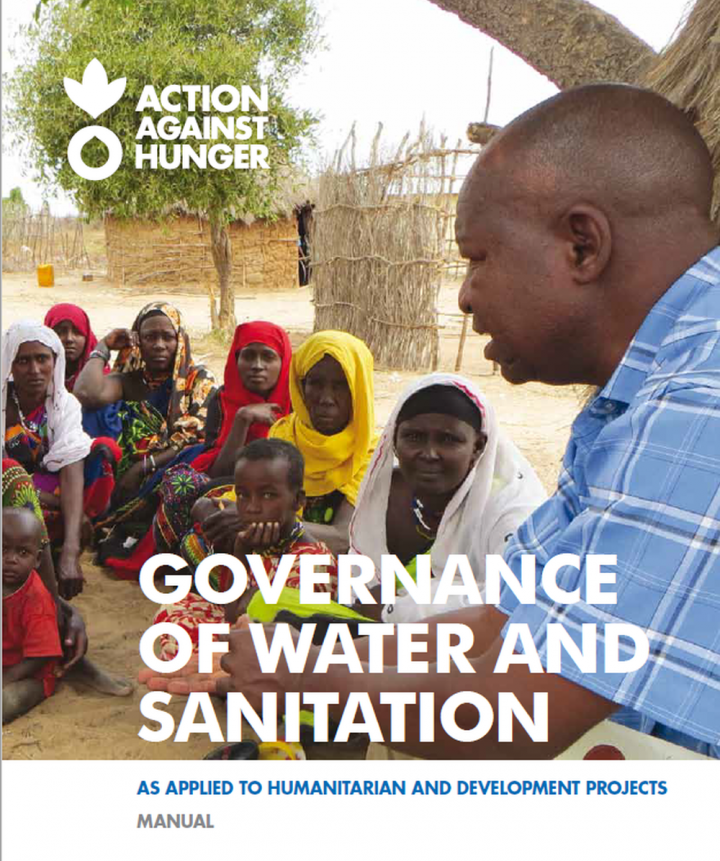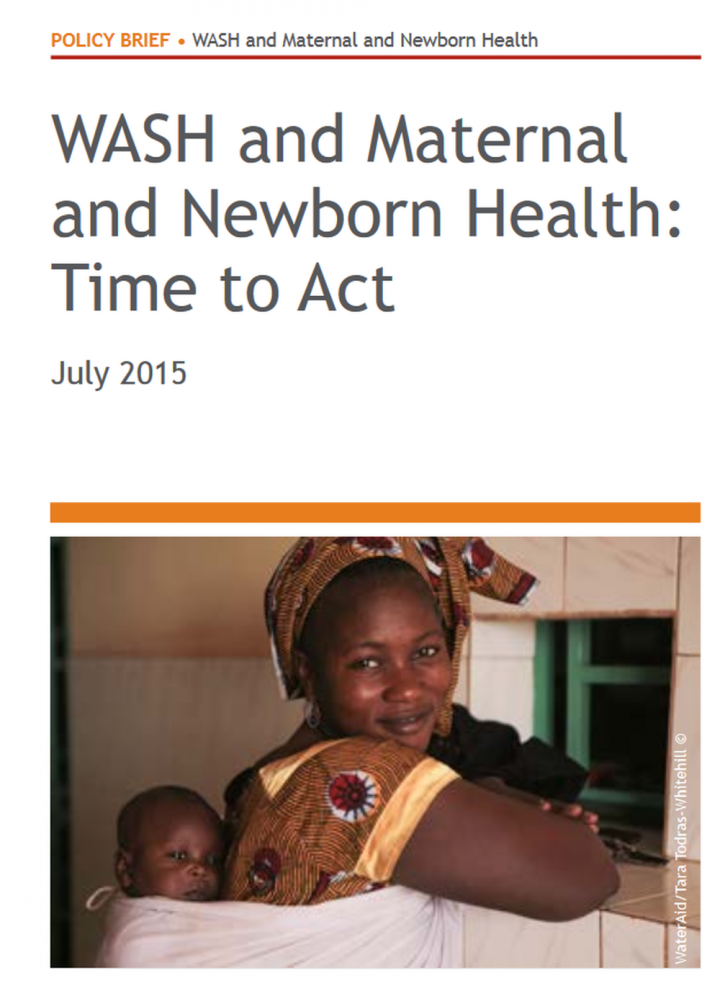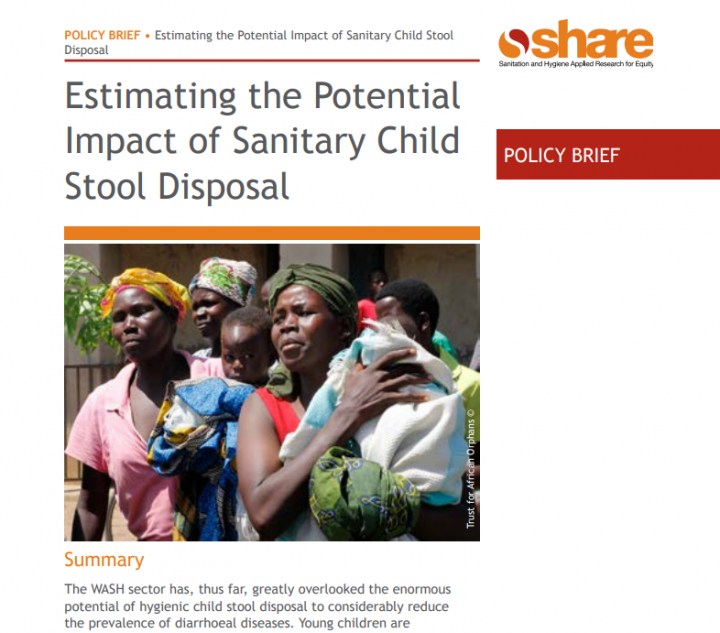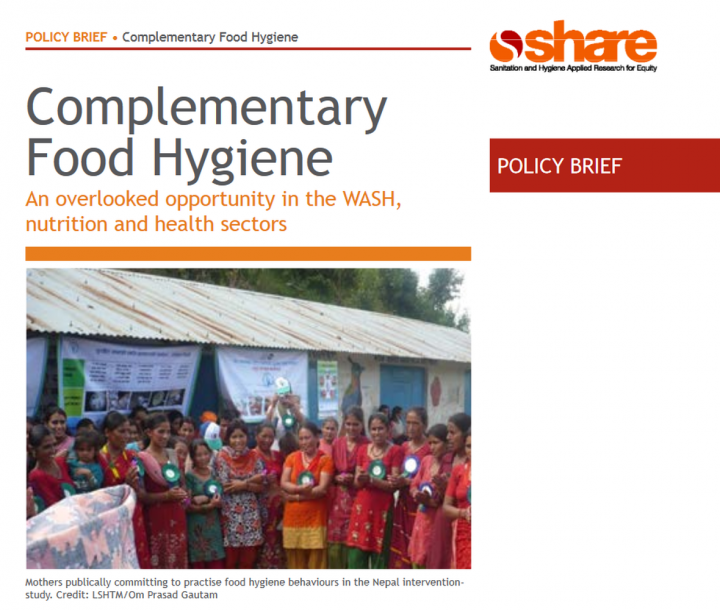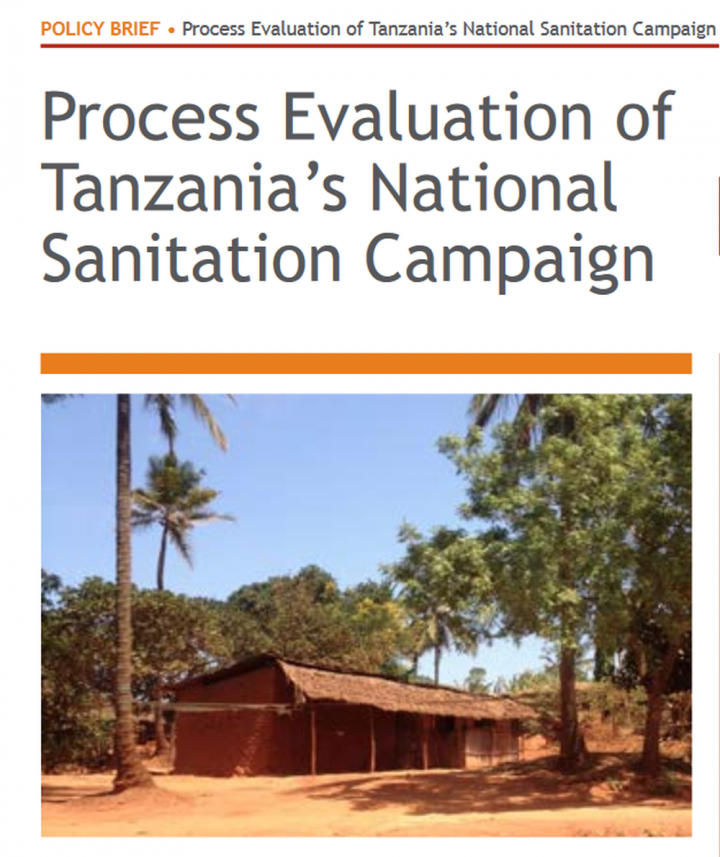Barrington, D.J., Bartram, J., Meo, S., Saunders, S.G., Shields, K.F., Sridharan, S, and Souter, R.T. (2017) Fostering water, sanitation and hygiene (WaSH) marketing exchanges using participatory processes: A guide for working with residents of informal settlements in the Pacific
Through working with community members of informal settlements and a range of enabling actors, from communities, government businesses, civil society organisations, the authors were able to describe the features of a WaSH marketing exchange system that supports sustainable and inclusive wash. This guide provides practical information about how such a marketing exchange system can be fostered.
Hall, N., Barbosa, M.C., Currie, D., Dean, A.J., Head, B., Hill, P.S., Naylor, S., Reid, S., Selvey, L., and Willis, J. (2017) Water, sanitation and hygiene in remote Indigenous Australia A scan of priorities
This discussion paper presents a scan of the current status of water, sanitation, and hygiene services and challenges in remote Australian Indigenous communities. It was conducted to make explicit the challenges requiring attention and to propose questions to stimulate discussion as to how various stakeholders can respond to these challenges. it was guided by examples of initiatives that have improved WASH services and behaviours.
Gilmont, M., Rayner, S., Harper, E., Nassar, L., Tal, N., Simpson, M., Salem, H. (2017) Decoupling National Water Needs For National Water Supplies Insights and Potential for Countries in the Jordan Basin
This report analyses and compares the water allocation and management experience of Jordan, Palestine and Israel using the lens of economic and resource decoupling to highlight past trends and future potential for jurisdictions in the region to circumvent limits on natural water resources. Like most Middle East economies, Jordan and Palestine face extreme water scarcity and potential food insecurity. These conditions are increasingly seen as […]
Jacob, N. (2017) Case studies are Signposts for Recognition and Encouragement A Thematic Discussion Series hosted by the SuSanA India Chapter and India Sanitation Coalition
Case studies are an important tool of qualitative research but need to be prepared and used with care. This thematic discussion examines what constitutes a case study, how they can be collected, validated and distributed, and how they can help scale up projects.
WHO and UNICEF (2017) Progress on Drinking Water, Sanitation and Hygiene - 2017 Update and SDG Baselines
The WHO/UNICEF JMP has published its first report of the SDG period, Progress on drinking water, sanitation and hygiene: 2017 update and SDG baselines. The report introduces and defines the new indicators of safely managed drinking water and sanitation services. Estimates of safely managed drinking water services, the indicator for SDG target 6.1, are presented for 96 countries, while estimates are provided for safely managed […]
Mumssen, Y. U., and Thelma T, eds., with support from Norhan Sadik and Ali Dirioz. (2017) Status of Water Sector Regulation in the Middle East and North Africa
This report is part of a wider World Bank initiative to provide government officials and other stakeholders in the Middle East and North Africa—including civil society, service providers, potential financiers, and development practitioners—with the resources to better understand current conditions and consider approaches to regulating WSS, taking into account the benefits that could result and challenges that might be encountered. This desk study is a first […]
Kampala Capital City Authority (2017) Minimum Standards for Onsite Sanitation Technology Options in Kampala
KCCA’s current drive towards improving faecal sludge management in Kampala is cognisant of the city sanitation challenges and significant contribution of sanitation to economic and social development of the country and thus its citizens. The Authority and its divisions have an intermediary function for the coordination of sanitation planning and the harmonisation with urban development planning. This document therefore is intended to assist households, developers and […]
Kampala Capital City Authority (2017) Behaviour Change Communication Kampala Faecal Sludge Management Program
Guiding document for Landlords, Tenants, and Local Leaders on Safe Pit Emptying, Improved Emptiable Toilets, and Toilet Hygiene.
Kampala Capital City Authority (2017) Community Sanitation Sensitisation Field Officer Information Toolkit
Toolkit on sensitising the community on safe management of faecal waste.
Beukes, L., Naidoo,D. (2015) Understanding and addressing the exposure of workers, the public and the environment to pathogens during pit emptying Water Research Commission Project 2134
On-site sanitation is a desirable option in many contexts and various on-site technologies have been rolled out in South Africa, as well as other countries, as a basic standard of adequate sanitation. Most on-site sanitation systems accumulate sludge in a collection chamber which eventually becomes full and needs to be emptied; the system can then be recommissioned for another cycle of use. If, in the process of emptying […]
World Health Organisation (2017) Water, sanitation and hygiene to combat neglected tropical diseases Initial lessons from project implementation
Water, sanitation and hygiene are essential for preventing and managing diseases including neglected tropical diseases which affect over 1 billion people among the poorest communities. Closer coordination of WASH and NTD programmes is needed to ensure WASH services are reaching the most vulnerable populations. Many WASH and NTD actors have started to work together on the planning and implementation of their projects and have documented […]
WHO (2015) Water sanitation and hygiene for accelerating and sustaining progress on neglected tropical diseases: A global strategy 2015-2020 (in English, French and Spanish)
Water, sanitation and hygiene (WASH) are critical in the prevention and care for all of the 17 neglected tropical diseases (NTDs) scheduled for intensified control or elimination by 2020. Provision of safe water, sanitation and hygiene is one of the five key interventions within the global NTD roadmap. Yet to date, the WASH component of the strategy has received little attention and the potential to link […]
Various authors (2017) 19th SanCoP meeting on Container Based Sanitation
The meeting's focus was to develop a shared understanding of the Container Based Sanitation (CBS) industry, to consider the use of Sanitation Safety Planning (SSP) to improve health outcomes, and to generate discussion and knowledge sharing to improve risk management in CBS.
WSUP / Light Castle Partners (2016) Local Business Development Support for Introducing Privatized Emptying Services to the Chittagong Market
WSUP’s (Water and Sanitation for the Urban Poor) project of “introducing privatized emptying services in Chittagong” is a scale-up of their previous project of public-private partnership for septic tank emptying services that began operations in Dhaka almost a year ago. The scale-up in Chittagong is targeting the procurement and implementation of two exhausting trucks via a sustainable business model. The current study is targeted at […]
Rahman N. (2016) SWEEP Rapid Market Assessment Dhaka, Bangladesh
Lerebours, A. (2016) Governance of Water and Sanitation As applied to humanitarian and development projects
This manual sets out to summarise Action contre la Faim s experience of water and sanitation governance, aided by invaluable contributions from a steering committee of governance experts. It was funded by the Action contre la Faim research foundation.
Chitty, A., Esteves Mills, J. (2015) WASH and Maternal and Newborn Health: Time to Act - Policy Brief
This policy brief documents the state of the evidence on how poor WASH impacts MNH and summarises SHARE's contribution to our understanding. It also highlights opportunities for future research and offers insights that could influence policy and improve programming in both sectors globally. In doing so, it offers a powerful argument in favour of using WASH to support efforts on MNH to leverage greater progress […]
Sykes, V., Chitty, A., Ensink, J., EstevesMills, J. (2015) Estimating the Potential Impact of Sanitary Child Stool Disposal Policy Brief
This policy brief highlights the often overlooked and enormous potential of hygienic child stool disposal to considerably reduce the prevalence of diarrhoeal diseases.It features new evidence on the determinants of child stool disposal and offers recommendations for the WASH and health sectors.
Gautam, O.P., EstevesMills, J., Chitty, A., Curtis, V. (2016) Complementary Food Hygiene Policy Brief An Overlooked Opportunity in the WASH, Nutrition and Health Sectors
This policy brief highlights the often overlooked opportunity that addressing complementary food hygiene offers the WASH, nutrition and health sectors for improving health outcomes. It outlines SHARE's contribution to narrowing the evidence gap concerning the relationship between food hygiene and child health, indicates opportunities for future research, and offers insights that could influence policy and improve programming in the WASH, nutrition and health sectors globally.
Chitty, A., Roma, E., Durrans, S. (2016) Process Evaluation of Tanzania’s National Sanitation Campaign Policy Brief
This policy brief summarises the process evaluation of Tanzania's National Sanitation Campaign (NSC). It highlights the key findings and proposes several recommendations for maximising the NSC’s effectiveness.
